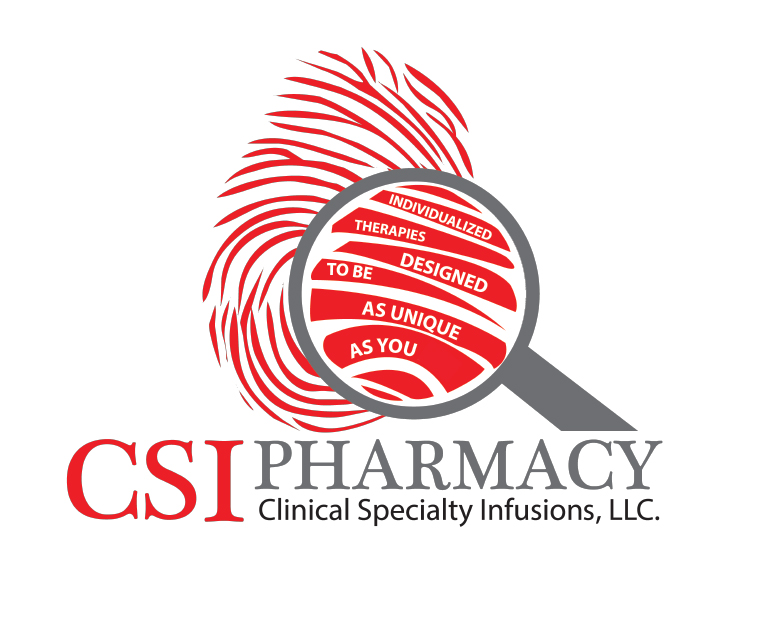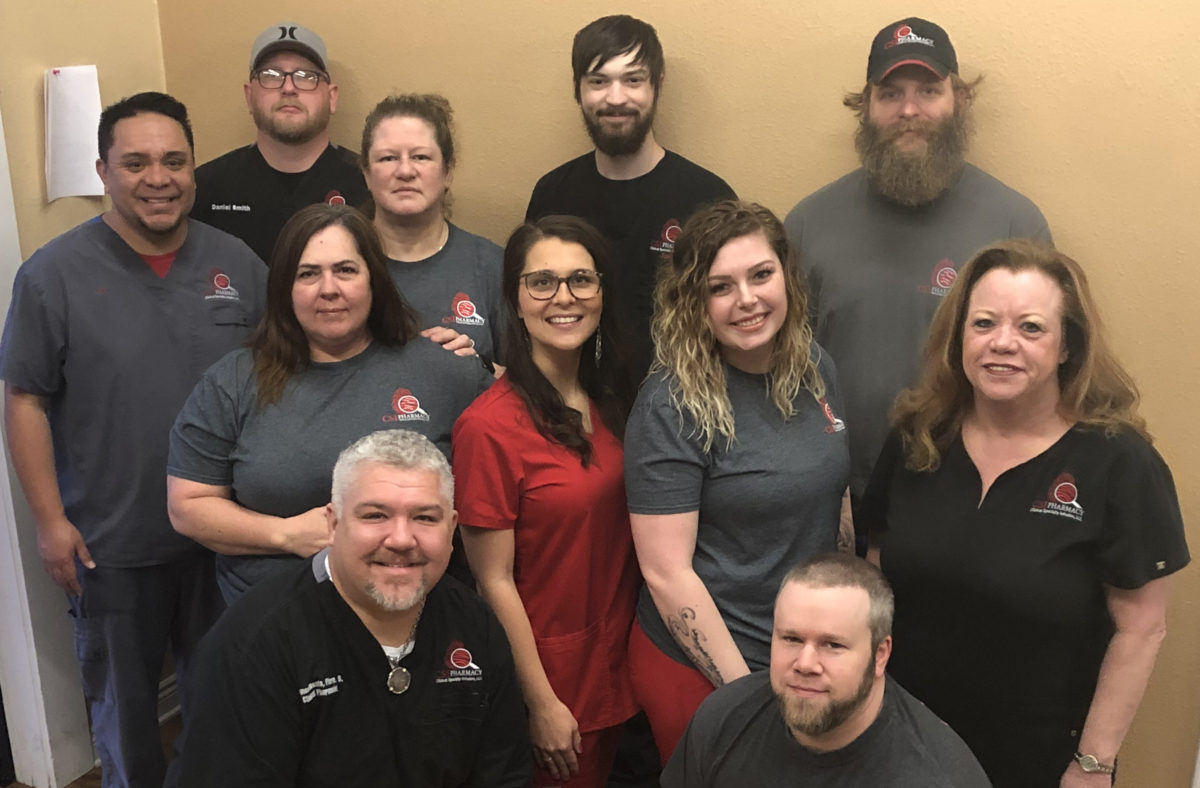Karen has struggled for many years with intense pain and muscle weakness, symptoms of chronic inflammatory demyelinating polyneuropathy (CIDP). This rare nerve disease causes gradually increasing loss of sensation, numbness and tingling, intense pain, and weakness in the extremities. For the last two years, though, Karen has been doing well with monthly infusions of intravenous immune globulin (IVIG) therapy.
Now, however, Karen is terrified that this life-saving treatment will be yanked away from her, not by her doctors, but by her health insurance company.
Karen receives IVIG infusions at home through an independent specialty pharmacy. But after every monthly treatment, she receives a letter from her insurance company’s pharmacy benefits manager (PBM) telling her that her plan requires that she obtain this medication from their preferred specialty pharmacy.
“We’ve just been living with this every month,” Karen’s husband David says. “It’s so nerve racking. We’re always afraid that they will deny coverage and we will get a bill for thousands of dollars.”
This scenario is happening more often lately, according to James Sheets, CEO of CSI Pharmacy, a small, independent specialty pharmacy that caters to patients who use IVIG. Between five and ten percent of new referrals to his pharmacy are rejected by the patient’s insurance plan because of preferred pharmacy limitations.
“The thing is, this is not always true,” James says. “Even when the claim is denied, we have to do some investigating to see what the truth really is. Often, we are, in fact, able to provide services to these patients.”
So far, Karen is still able to get her treatments through her pharmacy of choice. But last month the PBM, a middleman in servicing pharmacy benefits for health insurance companies, stepped up the pressure. In a letter she received, they stated that there was a nationwide shortage of IVIG and again stated Karen was required to switch to their preferred pharmacy.
Someone from the preferred pharmacy even followed up with a phone call out of the blue, insisting that her health plan would not pay for the treatment if she didn’t get her medication through their company, a large, nationwide chain that is financially linked to both the insurance company and the PBM.
“IVIG is extremely expensive,” Karen says. “There’s no way we can pay for it ourselves. They’ve been writing these letters and now they’re calling me. I’m terrified! These people have no concern for my diagnosis or my medical care.”
While plasma donations decreased last year as a result of pandemic restrictions and many expect some immune globulin (IG) products to be in short supply, an IG shortage has not yet materialized. In fact, the only agency authorized to make a declaration of a drug shortage is the Food and Drug Administration (FDA), and to date no such declaration has been issued for immune globulin.
“It’s just wrong that there is an IG shortage,” James says. “Even if there were, the pharmacy in question would not be the only place that has availability of IG products. In fact, patients at small pharmacies like CSI Pharmacy would be more likely to be protected than those at a large national chain pharmacy.”
For patients like Karen who might be feeling more pressure to change to a new pharmacy for specialty medications like IVIG, James has a few suggestions. For starters, if you are already receiving services that you are happy with, don’t automatically agree to change.
“Be an advocate for yourself,” James says. “Tell your plan, look, I have been stable with my current pharmacy. I’m happy with the services they provide. I have a good relationship with my infusion nurse. I do not want all that change, and I would like to opt out and continue to use my current provider.”
It’s also a good idea to call your specialty pharmacy’s patient advocate and let them know what’s going on with the insurance company. You have a relationship with the people at your pharmacy, and they can do the necessary investigating to see if anything has changed with your coverage.
As Karen and David found out when they called their specialty pharmacy, the insurer was continuing to cover the cost of Karen’s infusions, despite the threatening letters they were sending to her. And her pharmacy had no intention of billing her for anything more than her copay.
If you have Medicare and your IVIG is covered under the Medicare Part D drug plan, you are protected against this practice. Language in the Medicare legislation specifies that patients can choose to get their medications from “any willing provider.” So by law, insurers are not allowed to force patients to a certain pharmacy.
“I believe that patients deserve to have the power to make their own health care decisions,” James says. “That’s when the best care takes place. I hate to see patients being forced, against their will, to use specific pharmacies simply as a business decision. The problem with that is there’s no incentive for the big chain pharmacies to do a great job, because when patients don’t have a choice, they never have to make patients happy in order to keep their business.”
CSI Pharmacy would like to know if this sort of pressure to change pharmacies is happening to others. If you’ve received communication from your insurance plan or their pharmacy benefits manager urging you to move your care to their preferred specialty pharmacy, please drop us a note at [email protected].




